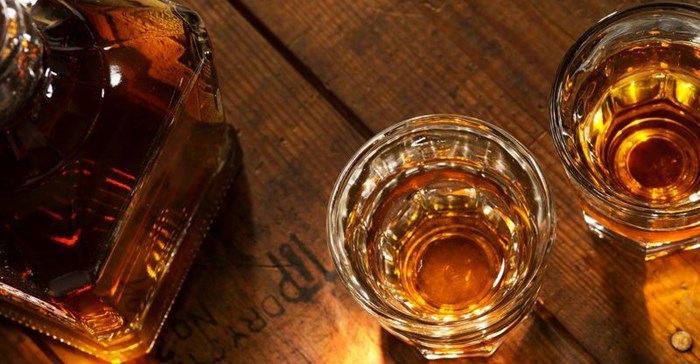






"On balance, this represents an increase above inflation and therefore still beyond National Treasury’s alcohol excise policy," said the South African Liquor Brandowners Association (Salba).
Salba chairperson Pamela Nkuna commented, "Salba made submissions to Treasury and Sars proposing a moderate excise tax adjustment that was not higher than inflation, and whilst we are not completely satisfied with the outcome, we welcome the minister's decision in that it indicates that our pleas have not gone completely unheard.”
The association's CEO Kurt Moore said that the decision to increase excise on spirits by 2% above inflation comes as a surprise considering the already high excise incidence that spirits carries and the fact that illicit trade is most prevalent in the spirits category.
"The decision by the Minister to increase excise tax above inflation on balance, will continue to provide a competitive advantage to illicit traders at the cost of the legal market and society at large," he said. "Above-inflationary excise increases contributed to the situation where legal alcohol prices now exceeded those of illicit alternatives by 43% on average."
The association, whose members include Pernod Ricard, Distell and Diageo, said that illicit traders seized the opportunity to provide cash-strapped consumers with easy access to cheaper alternatives, almost doubling their market share in less than a decade. By volume, it currently represents 22% of the South African alcohol market.
The Beer Association of South Africa (Basa), which represents the likes of South African Breweries, Heineken and craft breweries, welcomed Finance Minister Enoch Godongwana’s announcement that excise beer products will see a 5.5% increase, which is in line with inflation. However, it stated its disappointment at the lack of a more nuanced excise approach that incentivises lower ABV products and that gives smaller craft brewers, in particular, additional excise relief.
"With these breweries having received zero compensation from government to date despite the previous four alcohol bans forcing them to shut their doors for a total of 161 days (just over four months) between March 2020 and July 2021, they are still rebuilding their businesses and with no relief offered, as well as another increase in excise, their sustainability as a sector remains at risk," Basa CEO Patricia Pillay said.
Basa will therefore be writing to Godongwana to request a meeting to discuss relief measures as well as a new tax policy going forward that recognises and incentivises lower-alcohol products such as beer. Not only would this create more jobs, at a time when our expanded unemployment rate sits at 46%, but will also encourage people to drink in moderation by buying cheaper lower alcohol products.
"As Basa, we are committed to working with National Treasury to increase the role the beer industry plays (which already employs over 450,000 people), in particular small businesses within the sector, in creating inclusive economic growth in South Africa," Pillay said.
Salba's Nkuna said that the alcohol industry was committed to playing a significant role in the nation's economic recovery. "We recognise that the government's economic recovery plan places an enormous burden on the nation's fiscus. As the president said in the State of the Nation address, 'a new consensus' was required, one in which the state creates an environment that enables and encourages the private sector to invest and drive the economy."
She went on to note that the industry enables an estimated 100,000 licensed independent SMME alcohol traders to continue trading, earning a livelihood and providing much-needed jobs.
"The alcohol industry is a significant contributor to the fiscus through the number of people it employs who pay tax to the proceeds paid to the government from excise taxes," she added.
The legal alcohol industry value chain in 2019 supported almost a million livelihoods, contributed R173bn at market prices to GDP, including the payment of R72bn to the fiscus in indirect taxes alone.
"We believe that private business ‒ from corporate through to small to medium enterprises (SMEs) ‒ has a vital role to play in alleviating poverty through job creation and encouraging business expansion. The minister’s announcement on excise, on balance increasing rates above inflation, will unfortunately not allow these businesses to contribute at their full potential,” Nkuna said.